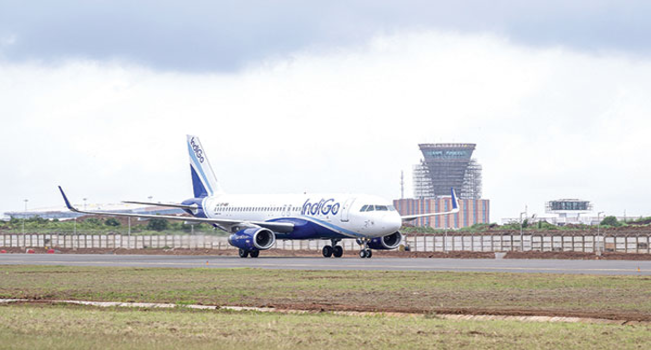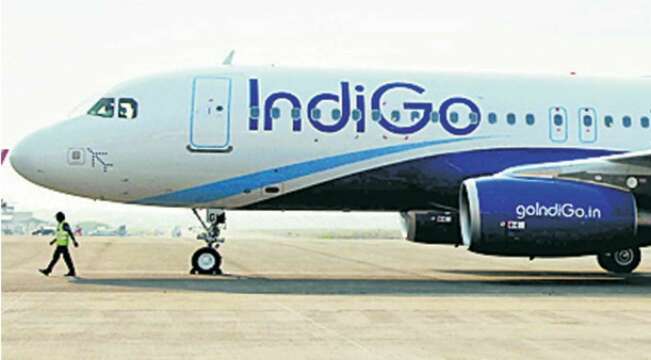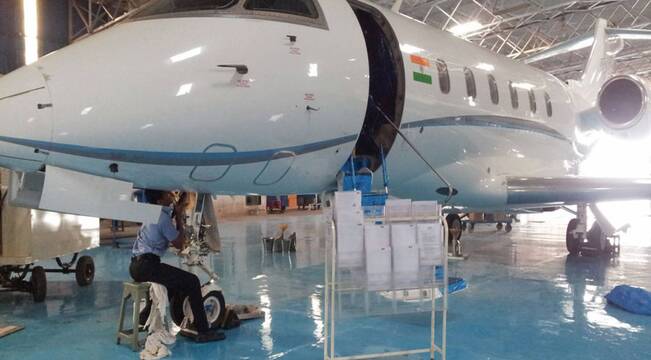New Delhi, July 27, 2022: Aviation regulator DGCA conducted 53 spot checks on 48 SpiceJet aircraft between July 9 and July 13 and it did not find any major safety violations, Minister of State for Civil Aviation V K Singh said on Monday.
“However, as a safety measure, the Directorate General of Civil Aviation (DGCA) ordered SpiceJet to use certain identified aircraft (10) for operations only after confirming to the regulator that all reported defects/malfunctions are rectified,” Singh said in his written reply in Rajya Sabha.
SpiceJet planes were involved in at least eight technical malfunction incidents in the 18-day period starting June 19, following which the DGCA had on July 6 issued a show-cause notice to the airline, stating that “poor internal safety oversight” and “inadequate maintenance actions” have resulted in degradation of safety margins.
Just three days after issuing the notice, the regulator started conducting spot checks on SpiceJet planes, Singh stated.
The spot checks were completed on July 13.
“A total of 53 spot checks were carried out on 48 aircraft which did not find any major significant finding or safety violation,” he mentioned.
The DGCA’s safety oversight process involves series of successive follow up steps which includes communication of observations or findings to the airlines for taking corrective action, review of corrective action taken by the airlines for taking a decision, and initiating enforcement action consisting of warning, suspension, cancellation or imposition of financial penalty to the person or the airline involved, he noted.
In its notice to SpiceJet on July 6, the regulator had said that the airline has failed to “establish safe, efficient and reliable air services” under the the Aircraft Rules, 1937.
“The review (of the incidents) transpires that poor internal safety oversight and inadequate maintenance actions (as most of the incidents were related to either component failure or system-related failure) have resulted in degradation of the safety margins,” the notice added.
The regulator gave airline three weeks to respond to the notice.
On July 5, a SpiceJet freighter aircraft, which was heading to Chongqing in China, returned to Kolkata as the pilots realised after the take-off that its weather radar was not working.
On July 5 itself, the airline’s Delhi-Dubai flight was diverted to Karachi due to a malfunctioning fuel indicator and its Kandla-Mumbai flight did priority landing in Maharashtra’s capital city after cracks developed on its windshield mid-air.
On July 2, a SpiceJet flight heading to Jabalpur returned to Delhi after the crew members observed smoke in the cabin at an altitude of around 5,000 feet.
Fuselage door warnings lit up on two separate SpiceJet planes while taking off on June 24 and June 25, forcing the aircraft to abandon their journeys and return according to the reports published in rediff.com.
On June 19, an engine on the carrier’s Delhi-bound aircraft carrying 185 passengers caught fire soon after it took off from the Patna airport and the plane made an emergency landing minutes later.
The engine malfunctioned because of a bird hit.
In another incident on June 19, a SpiceJet flight for Jabalpur had to return to Delhi due to cabin pressurisation issues.
Planes of other airlines have also been involved in technical malfunction incidents during the last 45 days.
The DGCA had on July 19 started a 2-month-long special audit of all Indian carriers after its spot checks earlier this month found that insufficient and unqualified engineering personnel are certifying carriers’ planes before their departure, officials said.




































